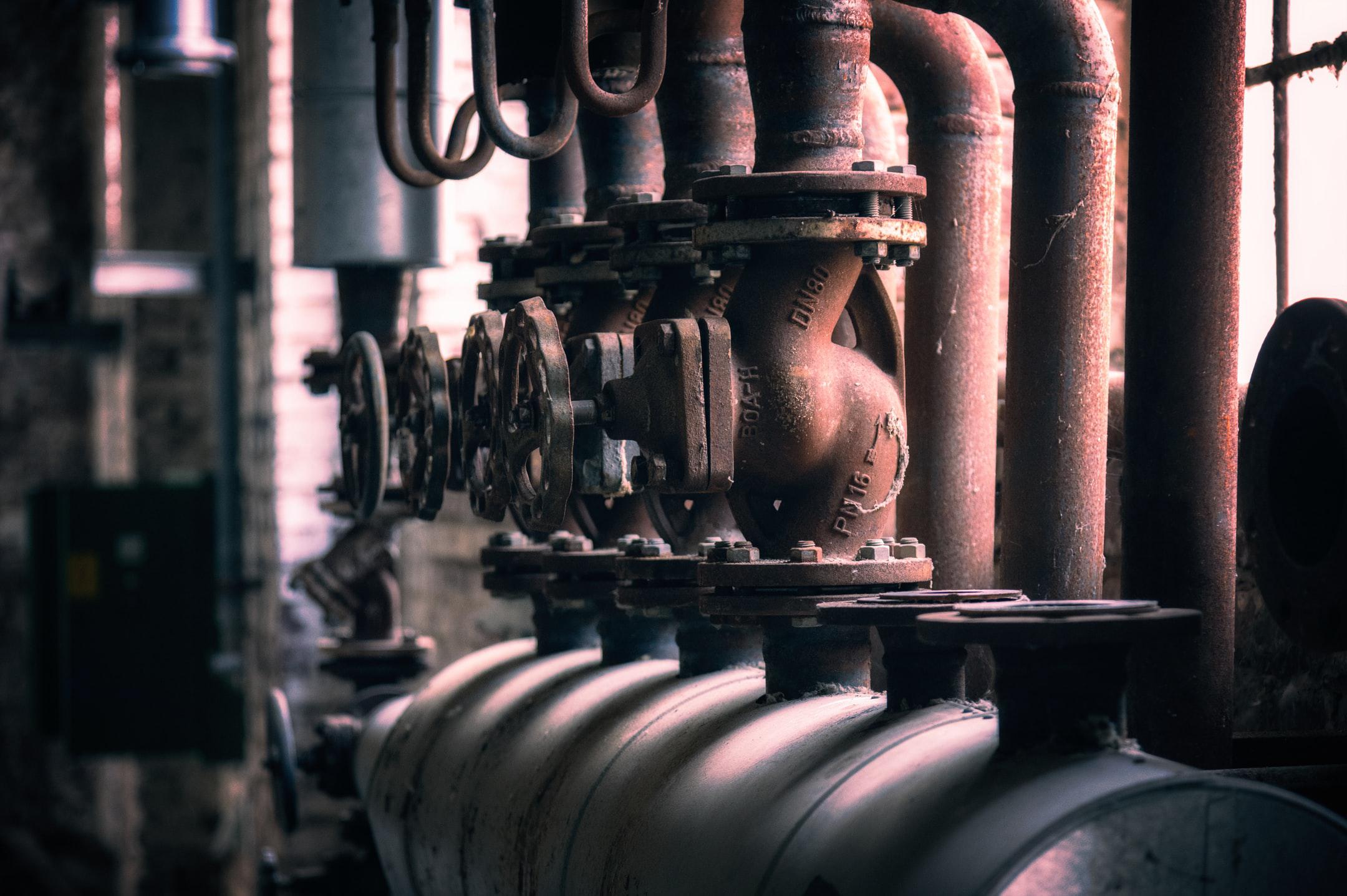
An industrial steam boiler is essential for a variety of businesses. But there are a few factors to consider before purchasing one.
To start, you’ll greatly benefit from a clear picture of your budget and needs. While inexpensive boilers may seem appealing today, lower upfront costs can indicate a lower quality boiler. This means you could be spending more on maintenance and repair costs in the future, or end up with higher energy costs due to an inefficient boiler.
And, if you’re in an industry that relies on your boiler to operate, a boiler that breaks unexpectedly or constantly requires service can quickly cut into your operations and lead to ongoing downtime. The cost of which could be exponential to your business. In both the short and long-term. Spending a little more now will likely save you from expensive costs later on.
Of course, your industry’s needs will help you determine exactly which boiler is right for you. If you operate an oil refinery, you most likely utilize both firetube and watertube boilers for operations. While a smaller hospital or food processing company might need a boiler that takes up less space.
The two most common types of industrial steam boilers are watertube and firetube boilers.
Firetube and watertube boilers both serve the same function in that they produce steam. But how the two types of boilers do so vary, and one option may be more appealing to you than another.
Firetube boilers are the most common type of boiler businesses purchase. Firetube boilers produce steam by running combustion gases inside boiler tubes and then transferring the heat generated to water between these tubes. They are usually categorized by their number of passes (the number of times flue gasses flow the span of the pressure vessel).
Firetube boilers are less expensive than watertube boilers, are simple to operate, and are often easier to access and maintain. Even so, firetube boilers have smaller capacities than watertube boilers and are not meant to handle high steam pressures over 250 psi.
In watertube boilers, water passes through tubes that are surrounded by hot flue gas. Watertube boilers produce steam very quickly, have less of a startup time than a firetube boiler, and produce higher amounts of steam pressure as well (3,000 psi or higher). Typically, watertube boilers are more efficient than firetube boilers, producing more steam with less fuel. They’re also capable of generating superheated and saturated steam.
However, watertube boilers have a more expensive upfront cost, and can be more difficult to maintain. Though, they also can have much longer lifespans than firetube boilers, and require less maintenance entirely.
Generally, watertube boilers are safer to operate than firetube boilers. This is because they have less water inside of them than firetube boilers. A firetube boiler needs higher amounts of water to act as a shield so that the metal inside of the boiler doesn’t melt. If a firetube boiler were to run low on water, the metal in the boiler itself could shrink, and if reintroduced to cold water for heating or steam production, the metal could expand and create an explosion.
Watertube boilers, on the other hand, operate with far less water, and in a scenario like the one above, would result in a less serious combustion, or even just a leak.
After you’ve chosen your steam boiler, you’ll want to take preventive measures to keep it operating safely, and efficiently. At Caldwell Mechanical Services, we can help install your steam boiler, and repair it quickly if it breaks down.
Give us a call today to learn more.